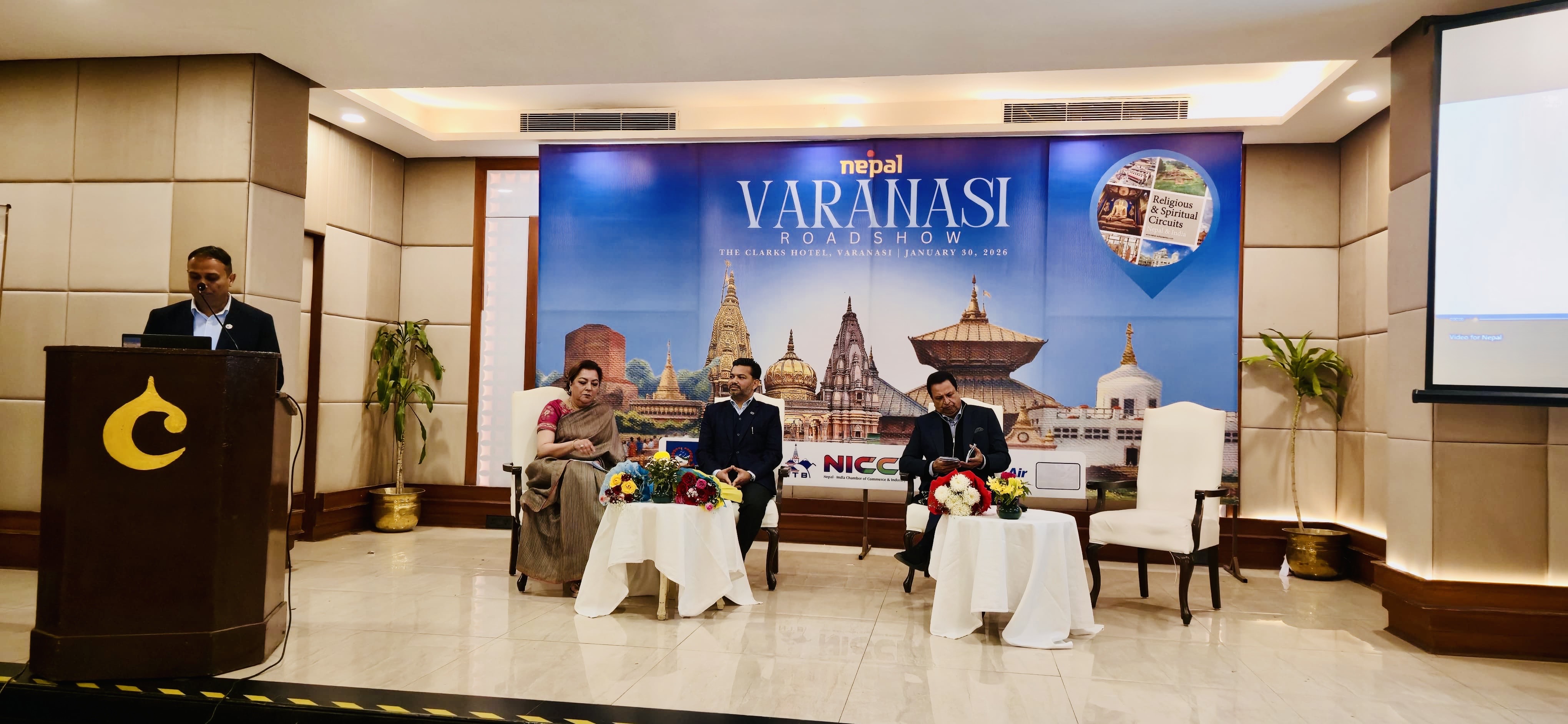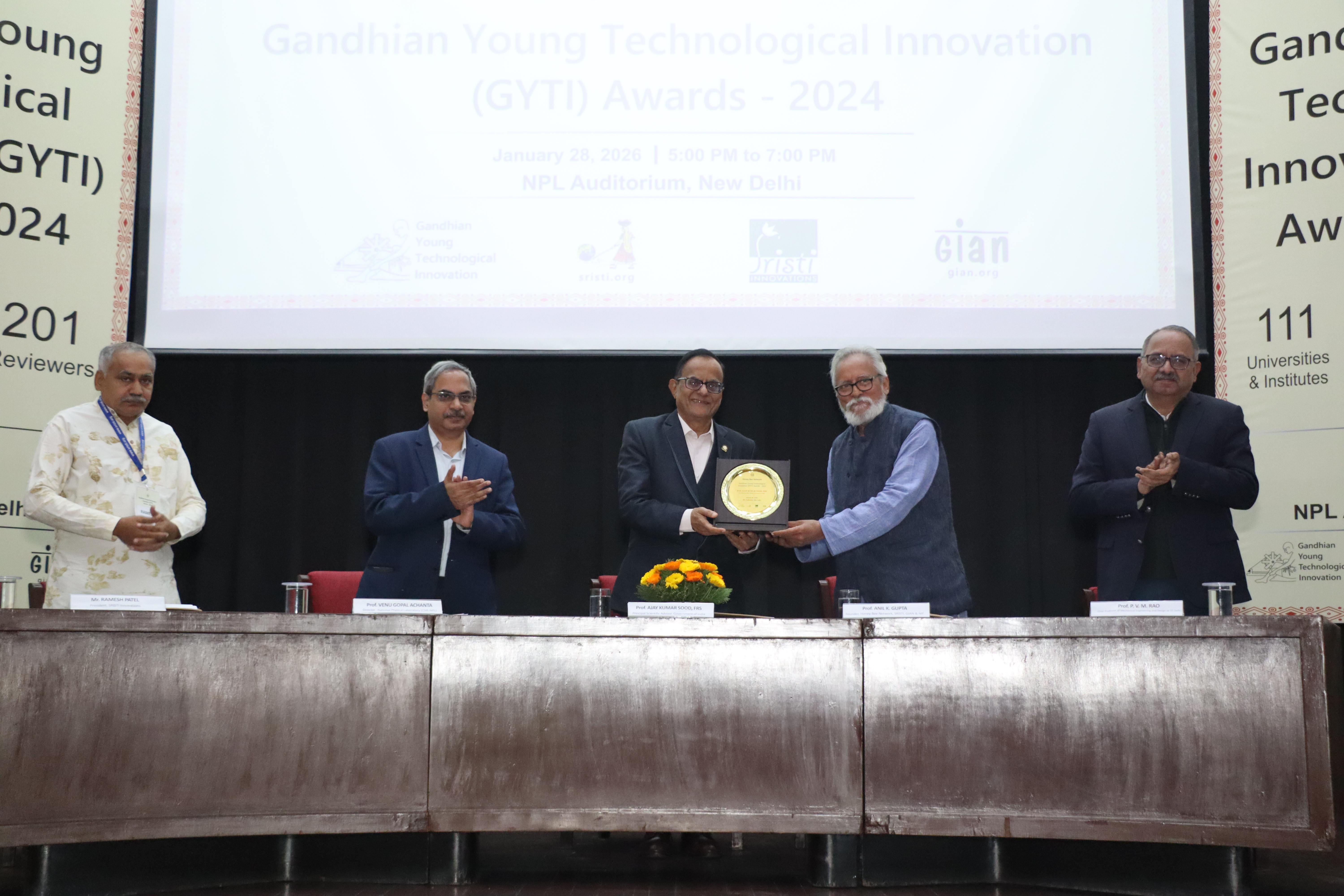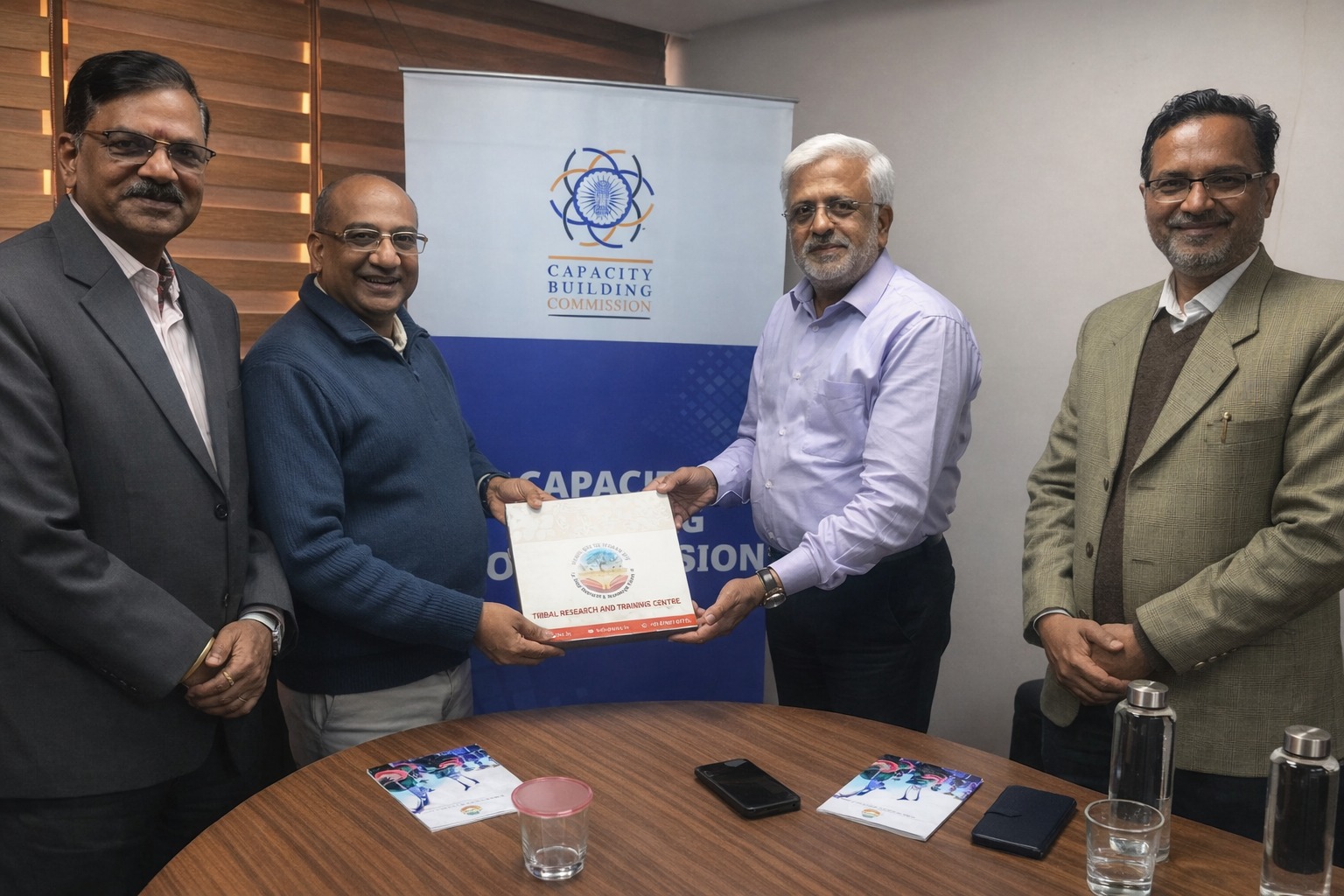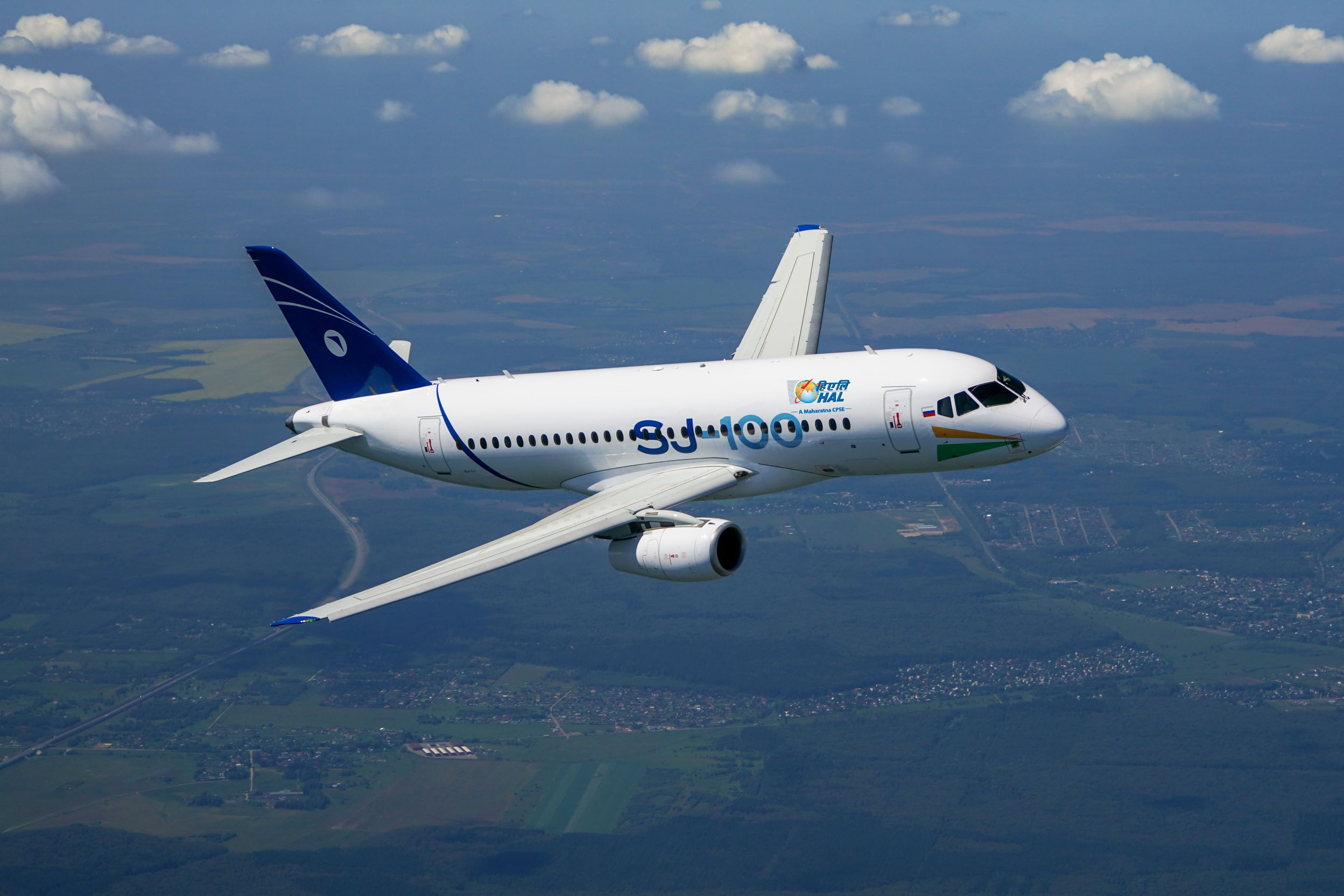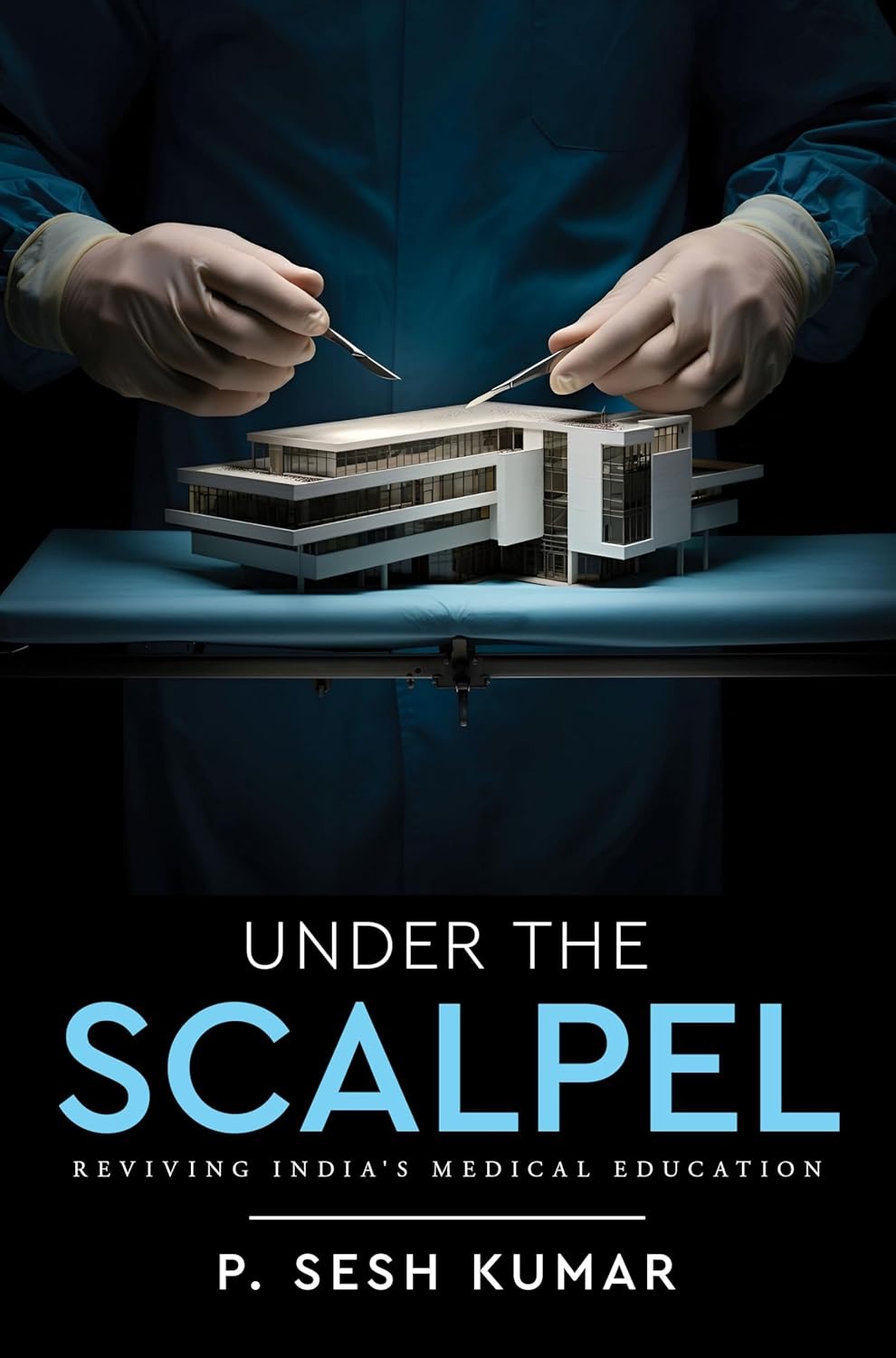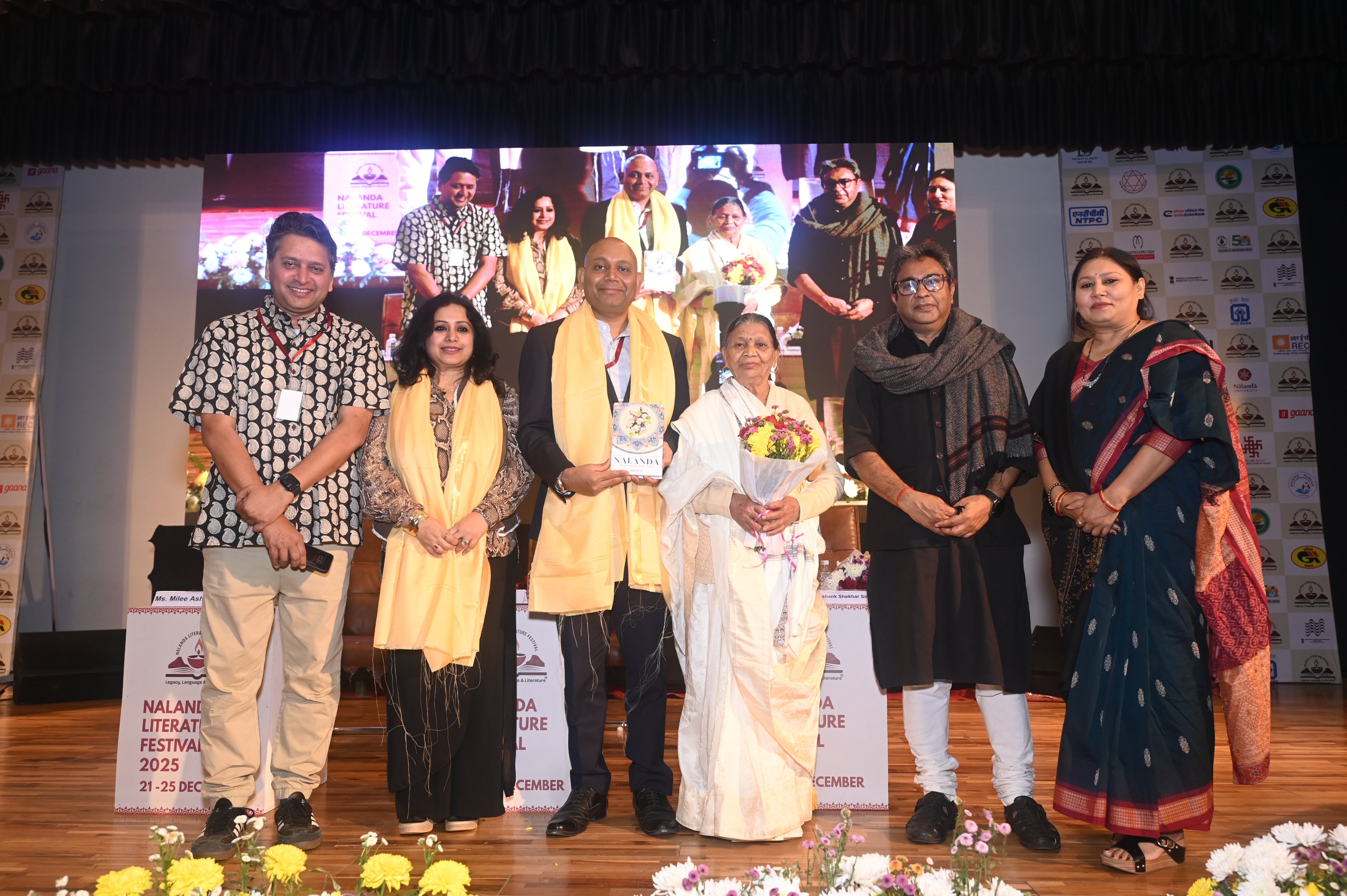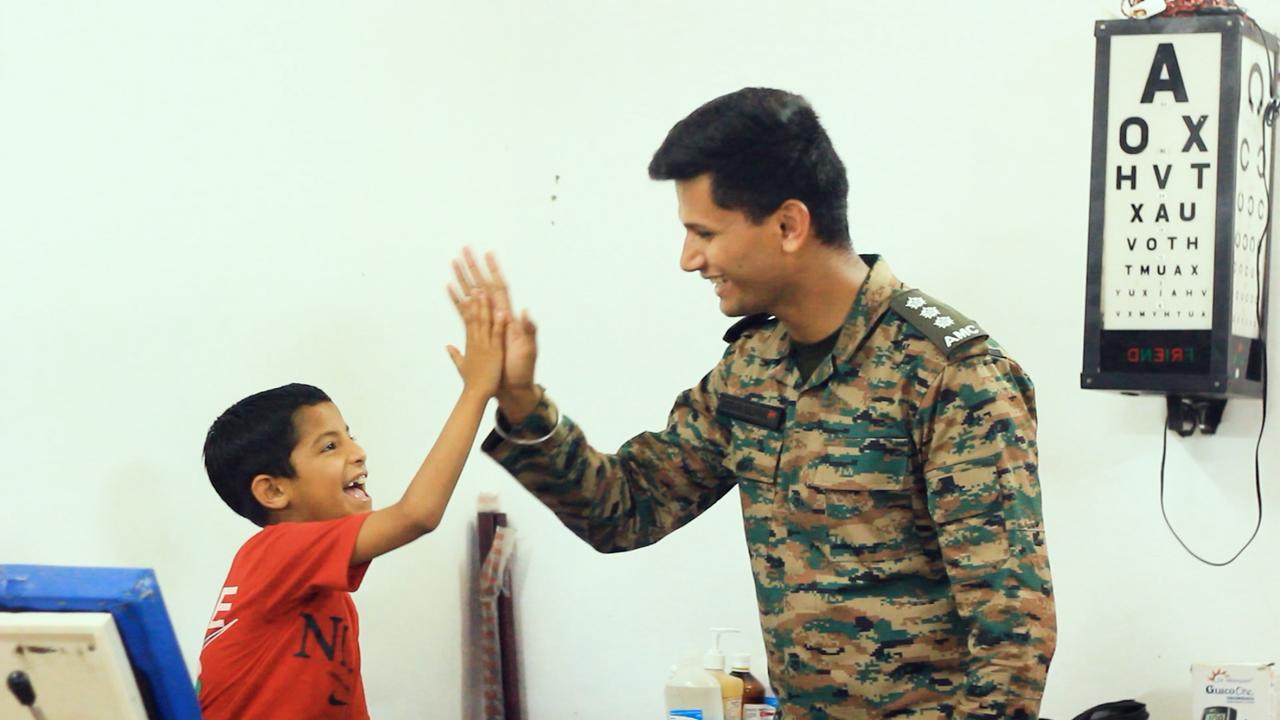 Akshay Sharma (L) and Captain Saurabh Salunkhe (Photo: Indian Army)
Akshay Sharma (L) and Captain Saurabh Salunkhe (Photo: Indian Army)
Kathua, Jammu: An eight-year-old boy who had never spoken a word in his life can now attend school and communicate with his classmates, thanks to an Indian Army doctor who taught himself speech therapy techniques to help the child overcome his disability.
Akshay Sharma, son of Kulwant Sharma, was born with a cleft lip and palate in the remote village of Duggan in Kathua district. Despite undergoing corrective surgery at age three, the Class III student at Duggan High School remained unable to speak, leaving his family – who work as civilian labourers with the Army – with little hope and no means to afford specialised treatment.
The breakthrough came when Captain Saurabh Salunkhe, an Army medical officer serving in the area, encountered the family during routine medical evaluations. After examining the child, Salunkhe determined that speech therapy could help Akshay develop verbal communication skills.
With no speech therapy facilities available in the remote region, Salunkhe took the unusual step of learning the techniques himself. Over eight weeks, he dedicated two to three hours daily during his off-duty time to work with Akshay, developing a structured programme that began with basic exercises.
The training started with gargling exercises to strengthen throat muscles, progressed through tongue and jaw movements, and taught the distinction between nasal and oral sounds. Salunkhe then guided Akshay through labial sounds, advanced to palatal sounds, and finally throat-generated sounds before helping him form words into sentences.
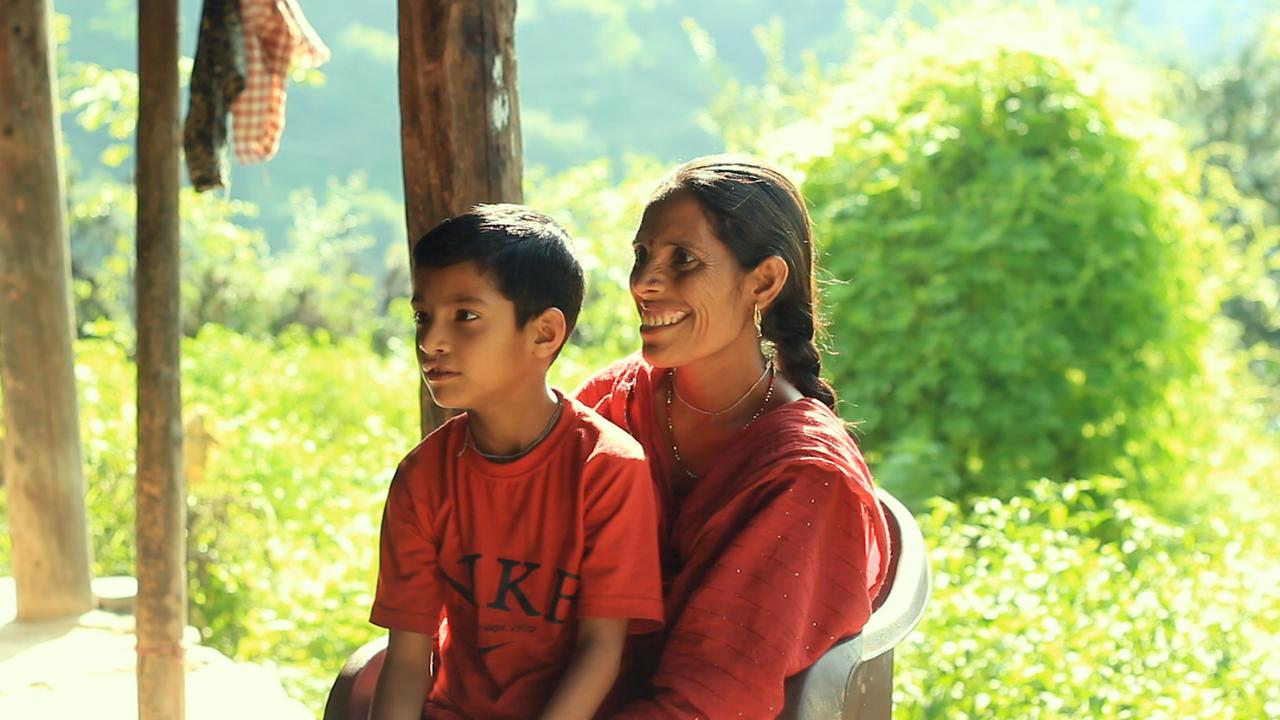
The results were transformative. After two months of intensive therapy, Akshay spoke his first words, bringing his parents to tears and marking a milestone the family had thought impossible.
“The first time he called out to his parents, their eyes welled with tears,” said a source familiar with the case. The child now communicates confidently with family members and participates actively in his studies at the local school.
Cleft lip and palate affects approximately one in 700 births worldwide and can significantly impact speech development when not properly addressed. While surgical correction typically repairs the physical deformity, speech therapy is often essential for developing normal communication skills, particularly when surgery occurs after the critical early language development period.
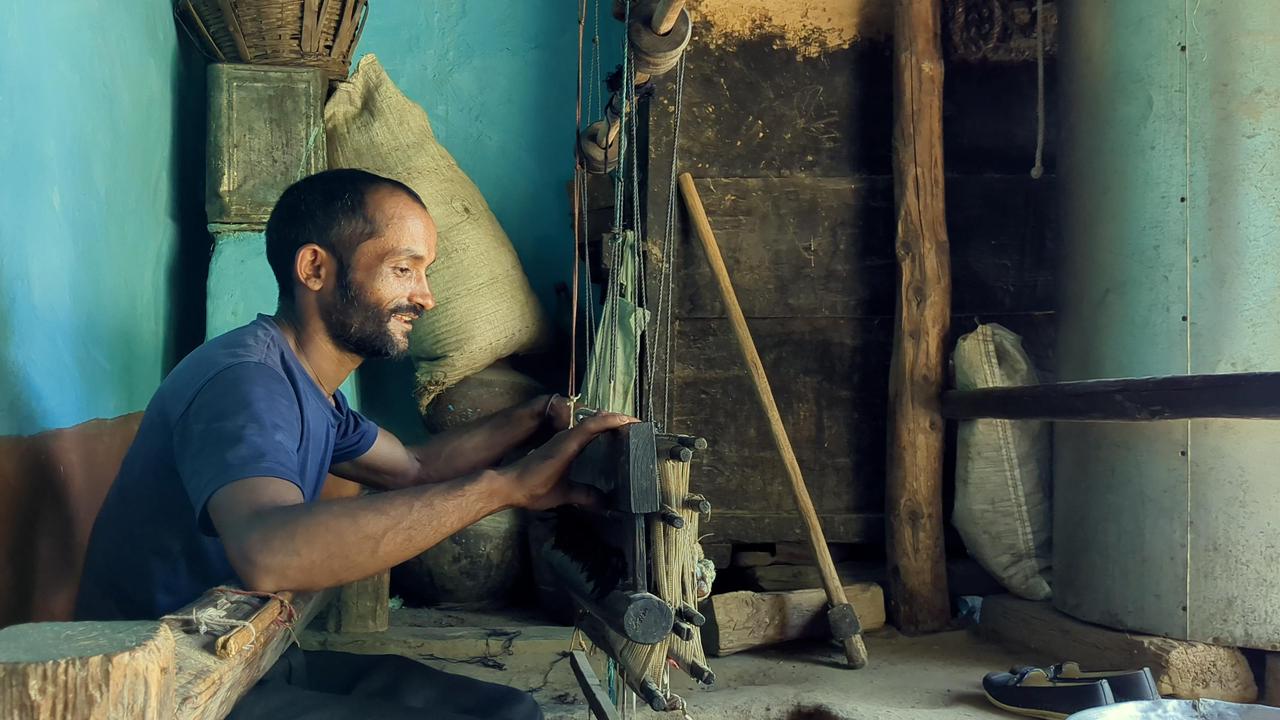
The case highlights both the healthcare challenges faced by families in remote border regions and the Indian Army's community engagement beyond its primary security role. Army medical units often serve as the primary healthcare providers in such areas, where civilian medical infrastructure remains limited.
Salunkhe's initiative required considerable personal commitment, as speech therapy typically demands specialized training and certification. His willingness to acquire these skills independently demonstrates the lengths to which military medical personnel sometimes go to serve local communities.
The successful outcome has had ripple effects throughout Duggan village, where Akshay’s transformation has become a source of inspiration for other families facing similar challenges. Local residents report that the incident has strengthened community trust in Army medical services and highlighted possibilities for addressing developmental disabilities even in resource-constrained environments.
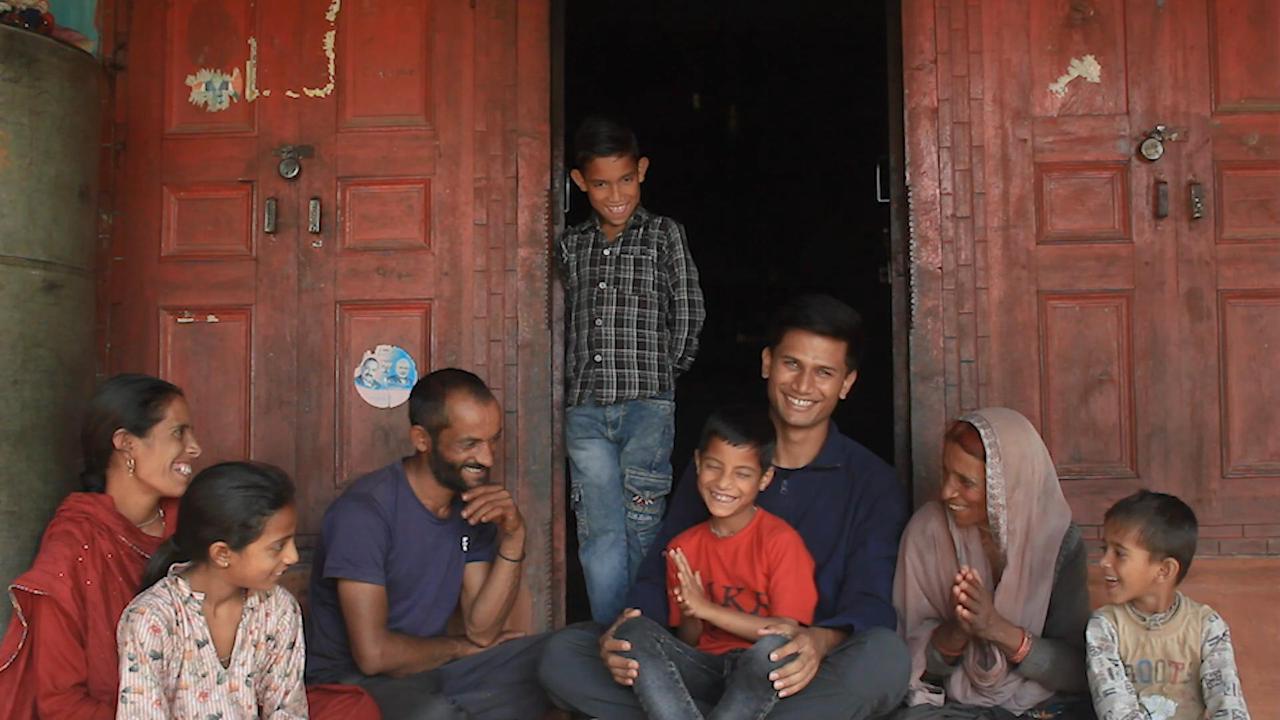
This case also underscores the importance of early intervention in speech and language disorders. While Akshay's treatment began relatively late at age eight, the success suggests that dedicated therapy can yield significant results even when initiated after the typical window for optimal language development.
The Indian Army has increasingly emphasized civic action programmes as part of its operations in Jammu & Kashmir, with medical outreach forming a crucial component of community engagement efforts in border regions where healthcare access remains challenging.


